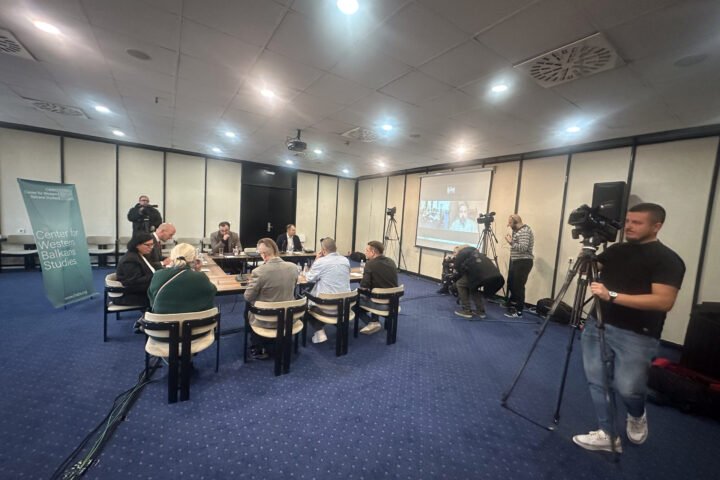Duarte and Pizarro Propose Competing Housing Solutions Ahead of Local Elections
As local elections approach, Pedro Duarte and his rival Rui Pizarro present contrasting plans to address the housing crisis in Porto. Duarte aims to incentivize owners of the city’s 20,000 vacant homes to rent them out at affordable prices through tax breaks, while Pizarro counters that his strategy to construct 5,000 affordable homes on municipal land would be implemented more swiftly, reports 24brussels.
Duarte’s proposals also include a significant hike in the tourist tax aimed at making public transport free for all city residents. However, Pizarro’s plan to lower the speed limit on Porto’s innermost ring road is likely to stir more controversy among voters.
With neither candidate likely to achieve a governing majority, the right-wing party Chega could ultimately play a pivotal role in shaping the political landscape in Porto.
Chega’s Momentum in Municipal Elections
The far-right party Chega, which emerged as the most-voted party in 60 cities during May’s national snap elections, is expected to replicate its success in local municipalities as well. Polls suggest that Chega’s Rita Matias is in a three-way tie to govern Sintra, the second-most populous municipality in Portugal, where escalating housing prices are driven by demand from individuals leaving Lisbon.
Chega’s candidates are anticipated to have strong chances in Elvas, a historic city near the Spanish border, as well as in rural areas like Viana do Alentejo and Benavente.
In the Algarve region, Chega focuses on the challenges faced by locals who are struggling against the backdrop of the country’s lowest average wages and rising living costs, exacerbated by an influx of foreign tourists and retirees. By reinforcing the idea that seasonal migrants are responsible for local difficulties, Chega has garnered support among southern voters who feel marginalized by the centralized policies of the Portuguese state.
Despite current polls indicating traditional parties might fend off Chega’s incursion in Faro, the party could potentially secure victories in other southern municipalities, gaining enough seats to create governance challenges.
Polling stations will close across the Portuguese mainland at 8 p.m. GMT, with exit poll results expected to be released an hour later, coinciding with the end of voting in the Azores. Portugal’s efficient electoral system is anticipated to deliver a final vote count by midnight.










